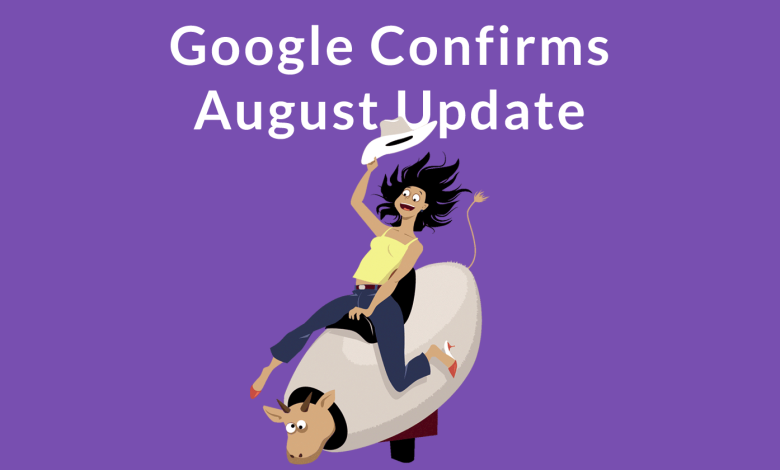
Google’s Danny Sullivan announced today through a tweet that a new wide-ranging core algorithm update has been implemented by Google.
The WebmasterWorld forum has been buzzing with discussions about these changes.
Let’s delve into what Google has altered, whether these changes are permanent, and how you should respond.
Google’s Official Statement
Google’s official statement aimed to communicate four main points:
- Confirmation that an algorithm update has taken place.
- Confirmation that this is a major algorithm update.
- The update is intended to enhance Google’s ability to match search queries with relevant results.
- Sites that lost rankings were not penalized for poor quality.
Here is Google’s official statement:
This week we released a broad core algorithm update, as we do several times per year. Our guidance about such updates remains the same as in March.
Google’s Follow-up Statements
Danny Sullivan of Google provided further clarification; however, he refrained from giving specific instructions on what to correct. Google maintains that there’s nothing specific to fix.
Sullivan’s first follow-up statement:
We tell lots of things to do. Improve site speed. Consider secure, etc. But that’s not what this update was about. It’s broad. And respectfully, I think telling people there’s no particular thing to “fix” is indeed helpful.
His second statement:
Want to do better with a broad change? Have great content. If you want a better idea of what we consider great content, read our raters guidelines.
Third statement:
To be really clear, it doesn’t work like that. Raters have no direct input into the algorithm. There’s no “rater score.”
Fourth statement:
The data helps us understand how updates are performing. It’s like someone reviewing the food in your restaurant, but they don’t cook the food. Rater data isn’t part of the algorithm.
The Meaning of Google’s March Tweet
The March tweet announcement was meant to differentiate between daily improvements targeting specific areas and broader algorithm updates affecting the entire search algorithm.
Each day, Google usually releases one or more changes to improve our results. Some are focused on specific improvements. Some are broad changes.
Most importantly, the guidance provided was about how to respond to these updates.
Nothing Wrong with Sites that Lost Rankings?
According to Google, if your site’s ranking dropped, it is not due to a quality issue:
There’s nothing wrong with pages that may now perform less well.
There’s no “fix” for pages that may perform less well other than to focus on building great content.
There’s Nothing to Do – So What Should You Do?
Over nearly 20 years of observing search engine updates, including from Google, the best approach is to wait.
Every major update is typically followed by a correction, known as a refresh.
Virtually every major update has had false positives or was overly broad. Google fine-tunes the algorithm to reduce these false positives.
Here is what you should be doing:
- If you see a bad search result, study it. Try to understand why an irrelevant web page is ranking high.
- If your site dropped in rankings, wait. The search results may adjust. Changes may occur in days; sometimes the biggest changes happen within ten to fifteen days.
- If your site dropped rankings, study the top performers. Try to understand why users may consider those sites more relevant. This can offer insight into how the algorithm has changed.
Remember, your site has not necessarily done anything wrong. Examine the search engine results pages (SERPs) to understand why Google might think users prefer a top-ranked site.
To learn more, see our follow-up post discussing the importance of Google’s Raters Guidelines in the context of a Broad Core Update.


